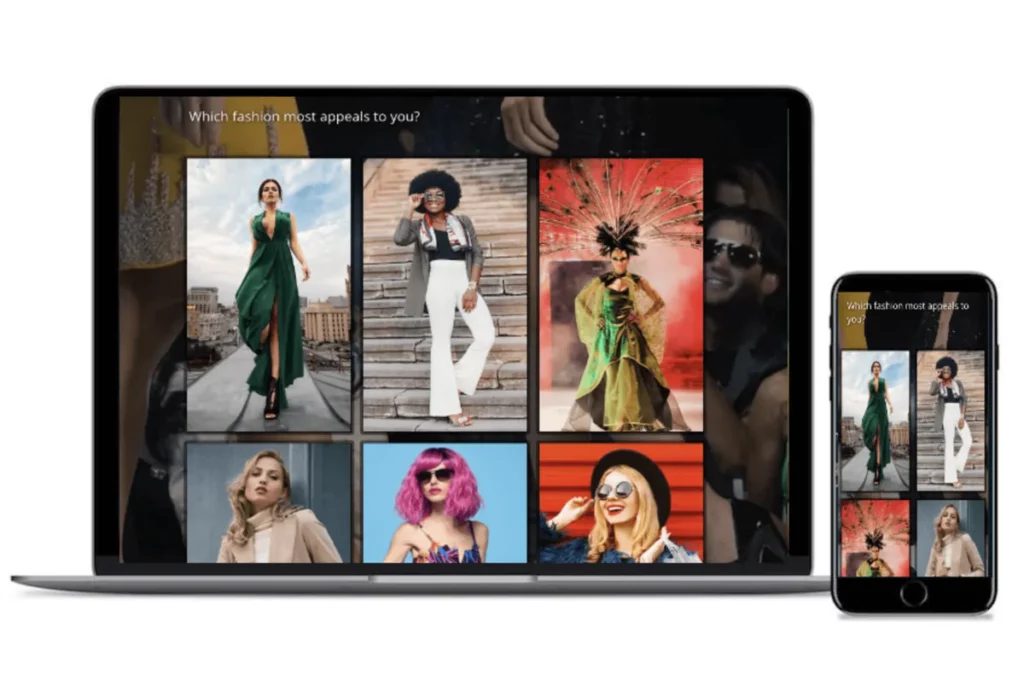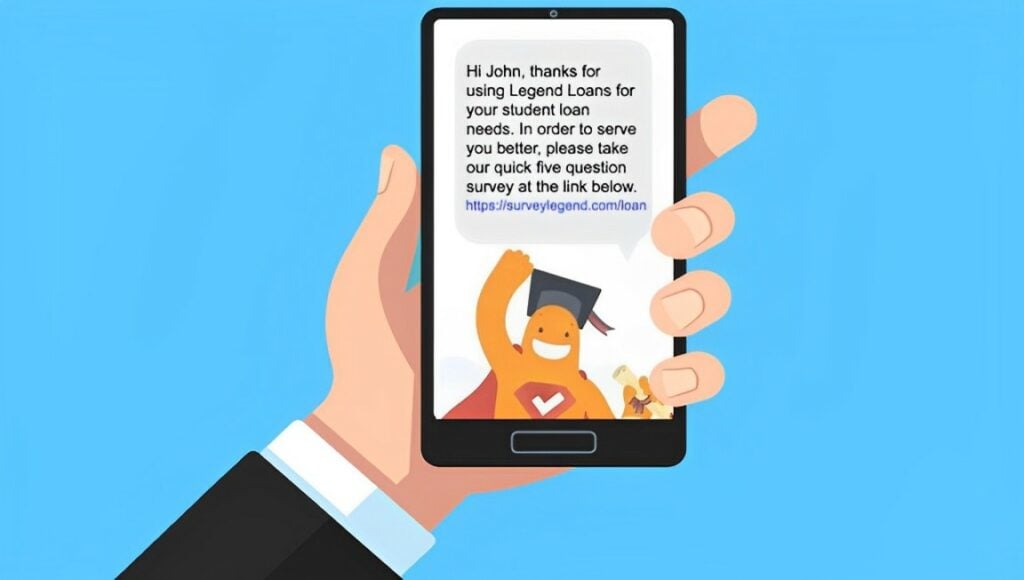When you’re asking someone for feedback, whether it’s a customer, employee, student, or just about anyone else, sometimes you want to make it known that their responses will be anonymous. Gaining anonymous feedback has many benefits, but there are also a couple of disadvantages to consider. In this blog, we’ll cover the pros and cons of anonymous feedback, tips for creating an anonymous survey online, and more.
Create your anonymous survey, form or poll now!
What is an Anonymous Survey? (+ How to Protect Identities Online)
An anonymous survey does not collect the name or other easily identifiable information about the respondent. However, getting anonymous feedback goes beyond this when the survey is being taken online; for web surveys, encryption must also be used to block respondents’ IP addresses or email addresses to protect their identity.
Pros and Cons of Anonymous Surveys
The biggest advantage of anonymous feedback is that responses tend to be more honest; when someone has to identify themselves, they may have a tendency to hold back for fear of damaging a relationship or making themselves look bad. Anonymous surveys work particularly well when dealing with deeply personal topics that might otherwise cause a respondent embarrassment, or when they may fear there will be some type of retribution (such as termination for an employee).
In addition, you’re more likely to get a better response rate when feedback is anonymous. One of the most common points of survey drop-off is when a respondent is asked to fill in personal information.
Of course, there can be some disadvantages to anonymous feedback.
- You have no ability to follow-up to learn more.
- You may not have any frame of reference for negative responses or complaints, so you can’t be completely sure of the whole picture or both sides of the story.
- Anonymity means respondents don’t have to “own” their comments since they’ll never have to defend them, so their answers could also be inaccurate.
- Some respondents may have a vendetta against a company or service, or just a vested interest in the outcome, and “cheat” by giving false answers simply to skew the results.
One final issue some companies have with anonymous feedback is that it can often be too negative, as in, brutally honest (you don’t have to look any further than anonymous comments on websites to understand this sentiment). However, this harsh feedback can be beneficial if you can brush aside the negativity and pick out the constructive pieces.
Anonymous Surveys vs. Confidential Surveys
It’s important for you and your respondents to understand that an anonymous survey is not the same as a confidential survey. Confidential, by definition, means “private, secret, or known only to a select few,” whereas details about anonymous feedback are unknown to all.
Confidential surveys are most often employed by organizations using a third-party service. This way, responses are anonymous to everyone in the organization, but not to those that are conducting the survey. This allows the third party to follow up with respondents to get more detail regarding their answers, providing more insight to the organization that hired them while still protecting the identity of the respondents.
Ultimately, while data from a confidential survey may be more insightful and helpful due to the ability to get more detail when you want it, you can still never follow up with the individuals themselves to try to fix their specific issues like you could with a non-anonymous survey.
5 Tips for Collecting Anonymous Feedback
Before sending out an anonymous survey, you want to be sure that you won’t need to follow-up with anyone on the responses; if you think you will, you should consider a confidential survey. In addition, if you feel you or your organization has a good, trusting relationship with the survey-takers (for example, surveying colleagues or friends) and you may want to ask follow-up questions, an open, non-anonymous survey may work for you.
If you’ve decided an anonymous survey is definitely the way to go, here are five things you should do.
1. Communicate Survey Goals.
Some people may not bother with an anonymous survey, thinking it will have little impact on the topic they’re discussing since follow-up can’t be performed. So, you should tell respondents what you hope to achieve with the survey (improving customer service, reducing workplace micromanagement, etc.) at the start of it.
2. Communicate Survey Anonymity.
Even if respondents don’t have to fill in their name, they may be concerned about their identity being discovered due to their IP address, email address, etc. Be sure to inform them at the start of the survey that their identity will remain completely anonymous, otherwise, you’ll likely get fewer responses.
3. Use a Secure Survey Platform.
You should make sure your online survey company uses encryption to protect respondent identities and is compliant with GDPR regulations.
4. Consider Your Questions.
Sure, you may not ask a respondent’s name, but to create an anonymous survey you also need to look at other questions that can make it easy to determine their identity as well, such as job title. Including these types of questions can make respondents hesitant to respond honestly, or respond at all.
5. Survey a Large Sample.
This isn’t always possible, for example, if you’re a small business surveying employees. However, in general, the more surveys you send, the more anonymous they become because it will be more difficult for someone to pinpoint who may have said what.
Conclusion
Want to know how to get anonymous feedback? Use an anonymous feedback tool from SurveyLegend! Anonymous surveys are one of the best ways to get honest answers to your company’s burning questions—just be sure to follow the five tips in this blog when creating your anonymous survey online. It’s easy to get started, and our beautiful surveys are easy to create! Take a look at some of these templates designed to get you the anonymous feedback you want:
- Motivation and buying feedback template
- Student satisfaction feedback template
- Product feedback template
- User experience feedback templatePost-healthcare-visit feedback template
Have any other tips for how to get anonymous feedback? Drop us a line in the comments section!
Create your anonymous survey, form or poll now!
Frequently Asked Questions (FAQs)
An anonymous survey does not collect the name or other easily identifiable information about the respondent.
Online surveys can be anonymous if encryption is used to block respondents’ IP or email addresses.
Details about who provided anonymous feedback are known to no one; details about who provided confidential feedback are known only to a select few people (often from a third party).
People tend to answer an anonymous survey with more honesty; because they don’t have to identify themselves, response rates are generally also higher.




